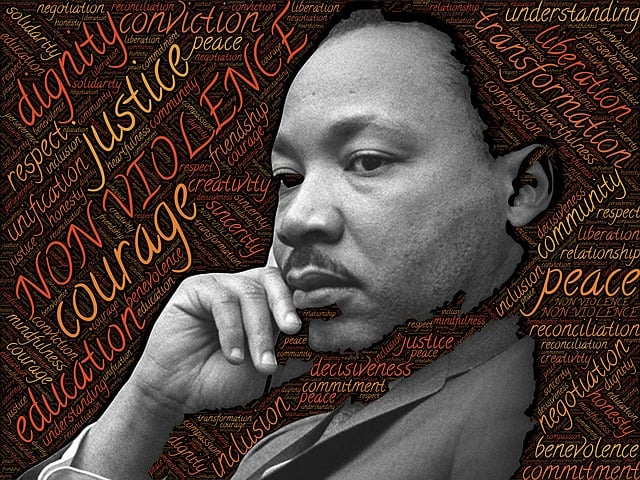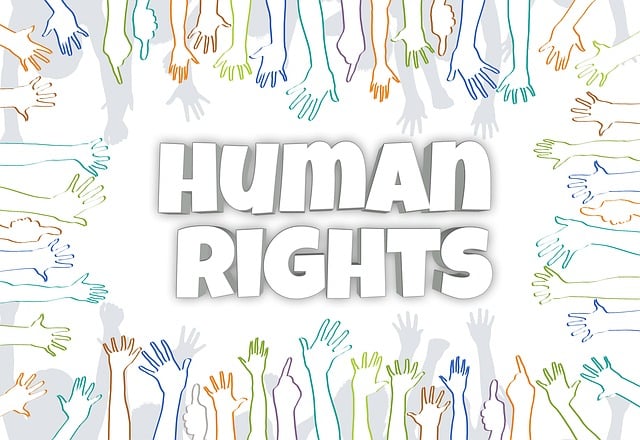Background check errors are common but can significantly harm individuals by leading to wrongful rejections in employment, housing, and services. Individuals have legal rights to dispute these errors through direct communication with reporting agencies or legal action, ensuring fair treatment and access to opportunities based on accurate reports. The Fair Credit Reporting Act (FCRA) outlines a process for disputing inaccuracies, which includes reviewing reports, gathering supporting documents, and challenging the errors with consumer reporting agencies. Promptly acting to dispute and correct errors is crucial to protect one's legal rights and maintain report accuracy. Organizations conducting background checks must implement robust practices to ensure data fairness and integrity.
In today’s digital age, background check errors can have profound impacts on individuals’ lives. These mistakes, often stemming from data inconsistencies or technological glitches, can lead to wrongful rejections in employment, housing, and even loan applications. Understanding the prevalence and consequences of such errors is crucial for both individuals seeking redress and organizations aiming to maintain fairness. This article explores strategies to correct background report inaccuracies, legal rights during dispute resolution, and best practices for conducting checks with enhanced accuracy.
- The Prevalence of Background Check Errors
- Impact on Individuals: Wrongful Rejection and Discrimination
- Legal Rights and Protections for Dispute Resolution
- Strategies to Correct Background Report Inaccuracies
- The Role of Verification and Cross-Checking
- Best Practices for Organizations Conducting Checks
The Prevalence of Background Check Errors

Background check errors are more common than one might think. These mistakes can range from simple data entry errors to inaccurate information gathered from various sources, including public records or social media. Given the significance of background checks in areas like employment, housing, and even access to certain services, the potential impact of these errors is substantial.
When individuals discover discrepancies or inaccuracies in their background reports, it’s crucial for them to know their legal rights. They have the right to dispute these errors and seek correction through appropriate channels, including direct communication with the reporting agencies and, if necessary, legal action. Promptly challenging background check errors ensures that individuals receive fair treatment and access to opportunities based on accurate information.
Impact on Individuals: Wrongful Rejection and Discrimination

Errors in background checks can have profound impacts on individuals’ lives, often leading to wrongful rejections and even discrimination. When inaccuracies creep into these crucial reports, it can result in a person being denied employment opportunities, housing, or other essential services based on false information. This is particularly concerning as such errors can affect an individual’s ability to secure loans, obtain professional licenses, or even rent an apartment, hindering their financial stability and overall well-being.
Those who find themselves affected by these mistakes have legal rights to dispute background report errors. The process involves challenging the accuracy of the information through formal channels, ensuring that any discrepancies are corrected promptly. Dispute resolution checks play a vital role in protecting individuals from such injustices, as they provide a mechanism to hold entities responsible for gathering and reporting data accountable. By advocating for their rights, individuals can navigate these issues effectively, promoting background report accuracy and fair treatment.
Legal Rights and Protections for Dispute Resolution

When errors occur in background check reports, individuals have specific legal rights and protections to resolve these issues. The Fair Credit Reporting Act (FCRA) provides a framework for disputing inaccurate information in credit reports, including background checks. Anyone who discovers discrepancies or believes their report contains errors can challenge them with the credit bureau. This process involves submitting a dispute letter outlining the inaccuracies and providing supporting documents.
The credit bureaus are then obligated to investigate these disputes promptly and thoroughly. They must verify the information with the original data sources and ensure the accuracy of the background report. If the error is confirmed, the credit bureau must update or remove it from your file. Individuals have the right to be notified of any changes made to their reports, ensuring transparency and accountability in the dispute resolution process.
Strategies to Correct Background Report Inaccuracies

When discrepancies or errors appear in a background check report, it’s essential to act swiftly and understand your legal rights. The first step is to dispute background report errors by carefully reviewing the document for any inaccuracies. Gather supporting documents that prove the information is incorrect or outdated. This could include pay stubs, degrees, or other official records. Once you’ve identified the errors, you can initiate a challenge background check errors process with the consumer reporting agency (CRA) involved.
The CRA will investigate your dispute and verify the information with the source. They may contact employers, educational institutions, or other relevant parties to confirm the accuracy of the data. It’s crucial to remain diligent throughout this dispute resolution checks process, keeping detailed records of all communications and documentation. By following these steps, individuals can work towards ensuring background report accuracy and protecting their legal rights in check disputes.
The Role of Verification and Cross-Checking

The process of verification and cross-checking plays a pivotal role in ensuring the integrity and accuracy of credit background checks. It’s a crucial step to safeguard against errors that may inadvertently impact an individual’s financial standing or job prospects. When conducting these checks, it’s not uncommon for discrepancies or inaccuracies to arise due to human error, data entry mistakes, or outdated information. Disputing background report errors is therefore an essential aspect of protecting one’s legal rights in check disputes.
Individuals have the right to challenge background check errors and seek resolution through dispute processes. This involves meticulous cross-referencing of records, comparing them with original documents, and submitting formal requests for corrections. Timely intervention can prevent these mistakes from escalating, ensuring that background report accuracy remains intact. By employing robust verification methods, organizations can minimize false positives or negatives, fostering a fairer and more precise assessment of individuals’ creditworthiness and employability.
Best Practices for Organizations Conducting Checks

Organizations conducting credit background checks have a responsibility to ensure the accuracy and fairness of their processes. To maintain reliable data and protect individuals’ rights, it’s crucial to implement robust best practices. This includes meticulous record-keeping during the check process, verifying information from multiple sources where possible, and establishing clear channels for dispute resolution. Individuals should be informed about their legal rights to challenge errors or inaccuracies in background reports, enabling them to take proactive steps if they encounter any issues.
When disputes arise, organizations should promptly investigate, ensuring a thorough review of the relevant data and documentation. The goal is to correct any background report errors, ensuring that all information remains current and accurate. This commitment to accuracy not only protects individuals from potential harm but also upholds the integrity of the organization’s screening procedures.
